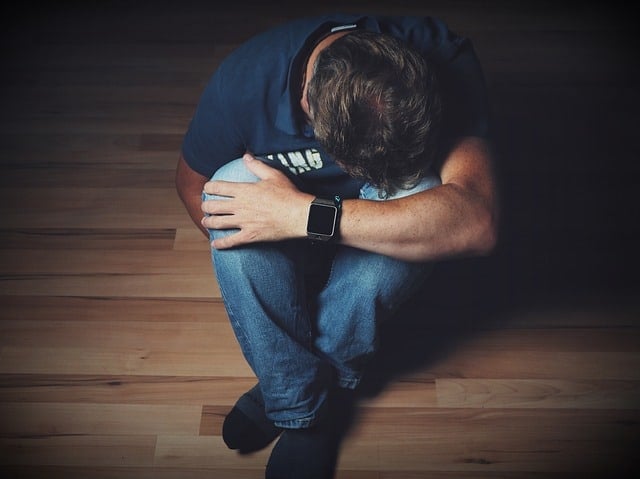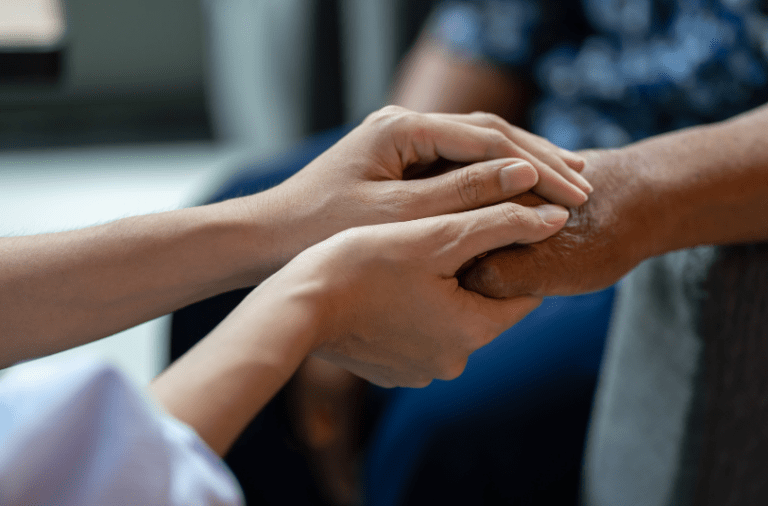Alcoholism Within the LGBTQ+ Community
Alcohol abuse and addiction are prevalent in the LGBTQ+ community much like in society at large. American culture has its roots in Puritan norms and folkways and this cultural history has resulted in particular sensitivity to how Americans feel about the use and misuse of vices. Binge drinking is very much an American problem. Other countries and cultures have issues with binge drinking, however, because Americans have strict rules about alcohol use and general feelings that children and adolescents should not be exposed to alcohol, the result is often that these groups do not have a healthy relationship with alcohol use and become more susceptible to developing an alcohol use disorder (AUD).
Mental health issues are a common reason why individuals turn to substance abuse. The LGBTQ+ community consists of individuals who have all been met with disapproval in one way or another. Overcoming battles with personal identity, addressing personal identity with friends and loved ones, having to navigate family and primary school where being different is often not accepted, all of this results in varying degrees of trauma. For these reasons and more, LGBTQ+ individuals are more likely to turn to alcohol and substance abuse as a means of coping with the difficult life situations they face on a daily basis.
If you or someone you know is a member of the LGBTQ+ community and is struggling with alcoholism, please know that the professionals at Oasis Recovery are understanding and compassionate medical practitioners who are sensitive to LGBTQ+ issues and concerns. Contact us today to speak with a specialist about treatment options. We look forward to helping you overcome your struggle with addiction and find a path towards a better tomorrow.
Alcoholism within the LGBTQ+ community
Studies show that the LGBTQ+ community is at increased risk for alcoholism and substance abuse disorders (SUDs). The queer community has long been persecuted for going against mainstream concepts of what is acceptable and this leads to trauma. Increasingly, you’ll hear talk about generational trauma, racial trauma, and religious trauma. LGBTQ+ members are susceptible to all forms of trauma including historic trauma as a result of poor treatment during crisis after crisis including the HIV and AIDS epidemic during the 1980s. Anyone who lived through that period in history and is a member of the queer community, can talk about the trauma of losing close friends at a young age.

Trauma is a common reason why people turn to problematic coping mechanisms like alcohol and illicit substances. Trauma-informed or trauma-focused therapy may be a good option for some members of the LGBTQ+ who are struggling with trauma-based mental health issues.
At (Facility Name), we offer a wide range of programs and services that are tailored to meet the individual needs of our clients. Our programs include but are not limited to:
- Partial hospitalization program (PHP)
- Intensive outpatient program (IOP)
- Outpatient treatment (OT)
- Relapse prevention program
- Aftercare program
Our mental health therapies include but are not limited to:
- Cognitive-behavioral therapy (CBT)
- Dialectical behavior therapy (DBT)
- Individual therapy
- Group therapy
- Trauma-focused therapy
- Family therapy
Counseling provides an opportunity to continue your growth after completing an alcohol addiction treatment program. In therapy, a trained counselor can help you maintain a sense of well-being as you continue to pursue lasting sobriety. Our mental health services aim to help our clients manage symptoms of anxiety and depression that often lead to substance abuse. By addressing the whole person, both the mind and the body, our mission is to provide integrated wellness treatment plans that increase overall well-being and help promote a sense of balance in everyday life.
Treating Alcoholism in the LGBTQ+ Community
It’s important to keep in mind that co-occurring disorders are common when treating members of the LGBTQ+ community. Mental health counselors need to be aware of the increased risks that are posed to members of the queer community and should do their best to provide additional and increase an individual’s safety net to provide the best possible chance of sustained and lasting recovery and to avoid the potential for relapse.
Individuals who identify as members of the LGBTQ+ community are more likely to have experienced sexual assault, domestic abuse, or other forms of emotional and physical violence. For these reasons and more, a treatment center that offers gender-specific programs can be beneficial in certain circumstances.
Some queer individuals may feel uncomfortable opening up and expressing their personal circumstances in group therapy sessions dominated by men. Keeping this in mind, there are not nearly enough safe spaces in treatment programs and recovery geared towards supporting members of the queer community. It’s essential that more of these spaces are created in order to provide fair accommodations to those who are already at increased risk due to poor treatment in society.
Stages of Alcoholism
Pre-alcoholism
In this initial phase, it’s important to ask a lot of questions about behavior and the core reasons why drinking feels like a useful coping mechanism.
A person who is drinking more than occasionally should consider if drinking is making them feel better or worse. Other questions might include:
- Is my drinking a form of escapism?
- Am I drinking to feel better about my life situation or self-image?
- Am I drinking more in order to avoid or dull pain?
- Am I drinking as a method of stress relief?
- Am I drinking to forget my problems?
- Am I drinking due to anxiety or worry?
If your answer to one or more of these questions is “yes” you should consider the possibility that your drinking is getting out of hand. It may be wise to seek out a mental health counselor and engage in Cognitive-behavioral therapy (CBT) to address the core issues that are leading to your increase in drinking.

Early to moderate alcoholism
It might surprise you to learn that even in what is referred to as “early stage” alcoholism a person with an alcohol use disorder (AUD) may experience blackouts as a result of binge drinking.
Binge drinking varies from person to person but is generally considered four to five drinks within two hours. The result of drinking heavily in a short period of time results in rapid onset drunkenness. A person who enjoys the side effects associated with drunkenness may have life circumstances, mental health, and emotional health issues that need to be addressed. It could be that these underlying issues are leading to the temptation to engage in problematic drinking.
Once a person has reached even early stages of alcoholism they may no longer be having a few drinks a week. It’s possible that they are no longer able to envision having a good time out without the opportunity to drink. The result could be lack of interest in activities that were once enjoyable and increased social isolation. This change in behavior and lifestyle can help fuel the cycle of abuse.
As someone progresses from early signs of alcoholism to moderate signs of AUD, their drinking will be a more prominent activity in their everyday life. A person with a moderate drinking problem is likely to become agitated when confronted with concerns about their drinking. They may have tried unsuccessfully to cut back on their drinking.
During the moderate phase, friends and family may feel it’s appropriate to stage an intervention. Signs that a person’s drinking behavior has progressed from early to moderate can include that they are drinking at inappropriate times or day or inappropriate situations. They may be neglecting responsibilities to family, friends, work, and childcare. It’s possible that they may be showing signs of physical health or increased mental health problems. Lack of control is a notable sign that someone’s drinking has gotten out of hand.
End stage alcoholism
Once end stage alcoholism is reached, a person is experiencing the long-term effects of their disease. Signs of prolonged alcohol abuse will become prevalent. These include physical decline as well as mental health deterioration.
Someone at the end stage of alcoholism has likely made a number of attempts to cease alcohol abuse or tried to cut back without success.
Those with end stage alcoholism tend to show signs of paranoia. This is common for those who are commonly referred to as “functional alcoholics”. It is possible that a person at this stage of alcoholism is still able to maintain the public image of functionality even though their drinking has long been out of control and their personal life is full of problems.
Alcoholism is a disease that has severe impacts on a person’s well-being over time, including on their physical health, mental health, and emotional health. Relationships, finances, employment, hobbies, sources of joy, and general life satisfaction suffer as a result of long-term alcohol abuse.
Without treatment, a person with end stage alcoholism is likely to continue their problematic behavior to the point where they will have irreversible physical health problems like cirrhosis. It is important that loved ones make attempts to get a person into treatment as soon as possible to avoid the life-threatening results of prolonged alcohol abuse.

Contact Us Today about Alcoholism in the LGBTQ+ Community
Early intervention is always the best case scenario. If someone you care about is struggling with alcohol abuse, encouraging them to reach out and get help before their alcohol misuse spirals into full-blown alcohol addiction can make a world of difference. The professionals at Oasis Recovery are ready and willing to do what it takes to help turn your life around. Reach out to us today to speak with a specialist who can tell you more about our personalized treatment programs and services designed to best serve members of the LGBTQ+ community.









